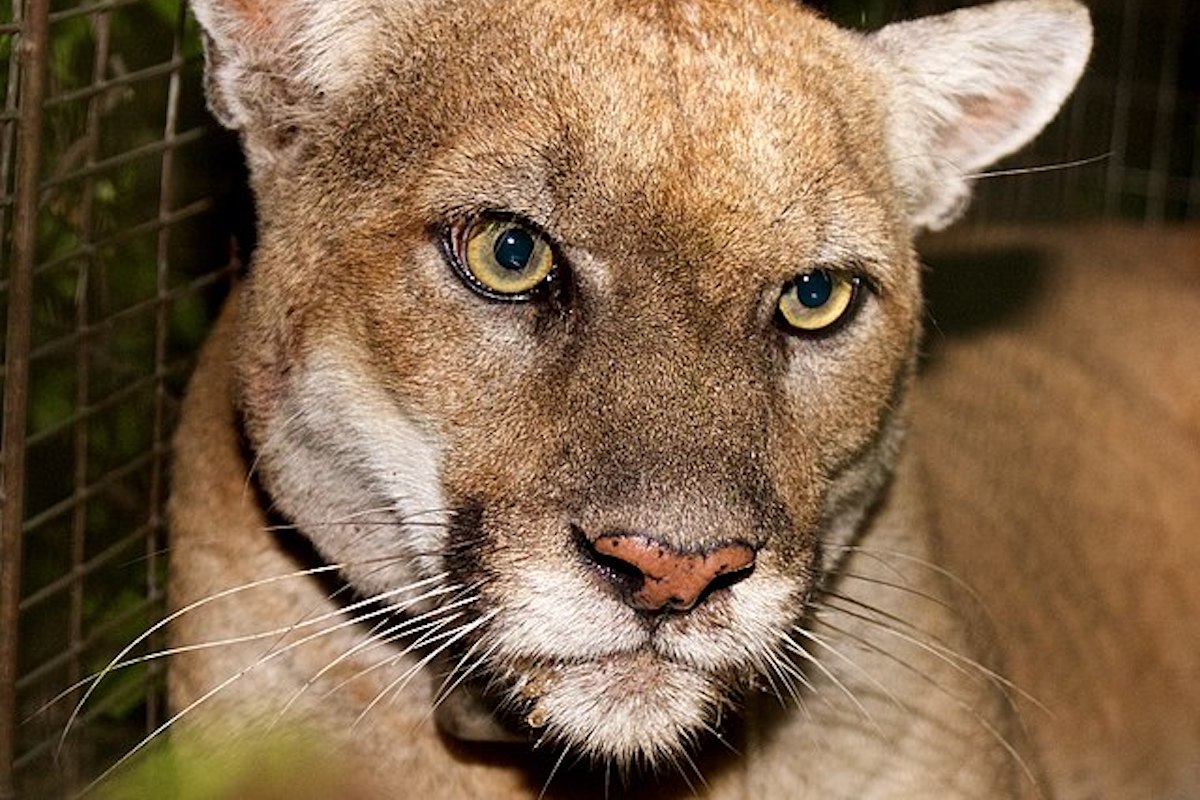Rat Poison Ban Heads to California Senate
Activists and Lawmakers Work to Outlaw Diphacinone

For many a householder or farmer, poison can be the easiest option to get rid of rats and mice, but the effect goes beyond rodent pests. Rat poisons have been found in dead or ailing big cats, predatory birds, and small humans. Recently, the necropsy of P-22, the mountain lion once caught by a trail camera against the Hollywood sign in Los Angeles, found exposure to five different anticoagulant rodenticides in his liver. A bill to add one of them — diphacinone — to California’s list of banned poisons is on its way through the State Senate.
“We know the current rodenticide ban doesn’t offer adequate protection, because unintentional poisoning is still harming our communities and wildlife,” said Assemblymember Laura Friedman, who is spearheading the bill. The use of rodenticides resulted in more than 3,000 cases of human poisonings in 2021, including children in at least 2,300 of the cases, according to America’s Poison Control Centers.
Groups like the Santa Barbara Audubon Society advocate that the better solution is to attract rodent predators, like owls, hawks, and eagles, rather than poisoning their prey.
Mountain lion P-22 was a famous denizen of Griffith Park, isolated in the middle of Los Angeles by the 101 and 405 highways. He died in December 2022 at 12 years old and the subject of one of the longest studies by the National Park Service (NPS). A necropsy performed at San Diego Zoo Safari Park documented recent injuries consistent with a car strike — and old injuries from a prior one — but P-22 also had chronic health issues like kidney disease, severe mange and ringworm, arthritis, and weight loss. The puma had been exposed to five rat poison compounds, most recently diphacinone, though P-22 had no bleeding from the anticoagulant poisons. State Fish & Wildlife noted seven big cats’ deaths were related to anticoagulants over the past two decades.
“P-22 was a fascinating animal to study,” said Jeff Sikich, the lead field biologist of the NPS mountain lion study. “He helped us understand how mountain lions coexist with humans in this complex urban landscape, and his legacy will live on through our heightened awareness of how to live in harmony with wild neighbors and growing public support for wildlife crossings.”
The recent discovery of three female mountain lion kittens in the Simi Hills by the National Park Service heightened the concern around poisons and wild animals. “Southern California mountain lions face so many threats that it’s such welcome news to hear about this newfound litter,” said J.P. Rose, Urban Wildlands policy director at the Center for Biological Diversity. “Unfortunately, these kittens will likely be exposed to rat poisons that harm mountain lions and other cherished wildlife.”
Laws previously passed in California eliminated bromethalin, which is an acute poison that can kill any wildlife that consumes it, according to the Department of Fish and Wildlife. But rat poisons still kill California wildlife at an alarming rate.
The poison problem can be a complicated one, as the rodents’ predators that eat them are the very animals being poisoned. According to the Audubon Society in Santa Barbara, placing “owl boxes” in areas favorable to the predatory bird and stopping the use of poisons gets results, especially if an entire area agrees to the practice. Audubon’s website includes directions for box configuration and locations, as well as links to some other alternatives.
For instance, if a rodent-infested area is made bright and loud, they’ll likely be deterred since rodents like to be in dark, quiet places, advises the Hungry Owl Project. Mice and rats apparently dislike peppermint, which can be an effective deterrent when mixed with water and isopropyl alcohol. Even rat birth control is an option, as the Indy recently covered. Other advice is to regularly check your house and crawl spaces for structural issues. A full shopping list on rodent-control remedies can be found at HungryOwls.org.



